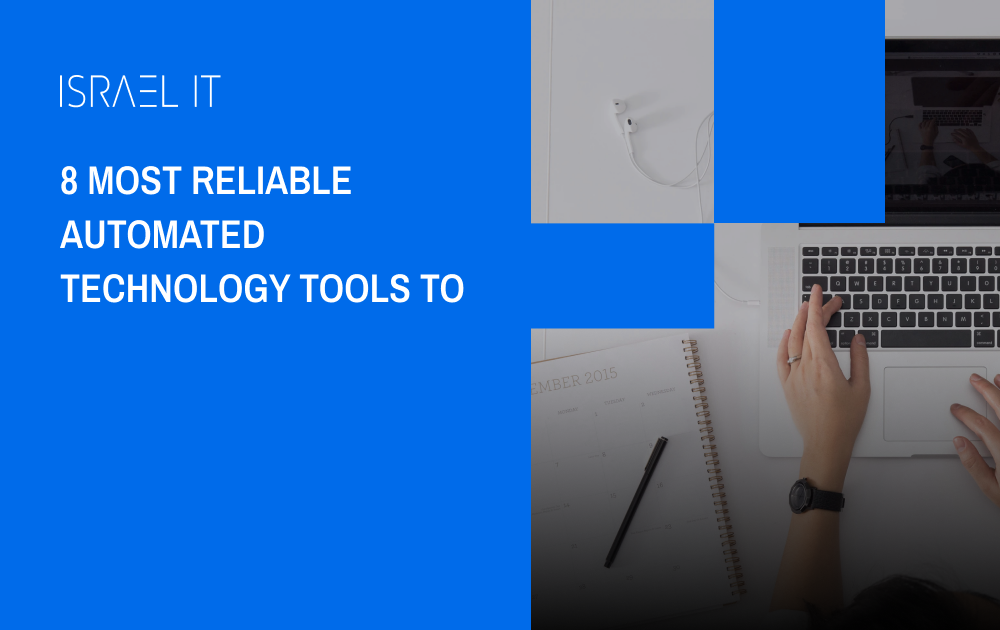Planning is a crucial aspect of game development as it outlines activities to be done to achieve a specified goal at each phase of the project. A game development plan project provides the roadmap for assessing and measuring the performance of the project. Game development planning should be fun and inspiring for developers to get a unique product.
Developers use game development services like 2D and 3D development, single and multi-player games, and games with social media generation to lay down the framework for their projects. You can have a team of skilled offshore software development experts for affordability and flexibility or hire your local DevOps for the job. For your game development plan project to be successful, consider the following tested and proven agile game development planning techniques.
8 Ways of Planning Your Game Development Project
1.Document Design and Initial Planning

Prepare a document that contains illustrations on the game’s requirements and show what you plan on delivering at the end product. State down the game’s concept, its mechanics, target audience, game flow, lore, and level design. To plan a workable game development project, know what you are working on and why you are doing it. Have a clear definition of the project and note down the audience to be. Having a vision during your game development process makes you motivated to work towards the designated goal and contribute to the right decision making. A game development process without a vision has no direction and is likely to fail.
2. Budgeting

As you plan a game development project, have a general plan to spend your money. You need to have a game development process that is money saving. Write down the cost expected on each task and determine when to cut cost. You will inquire about costs on the salaries of the members, marketing, rent, travel and food expenses. Budgeting helps you to know whether the capital you have will be enough to balance off your expenditure.
3.Backlog and Task Breakdown
A prioritized list of figures should be included to plan a game development project. You can create these features from user stories. You will be required to analyze the document design to determine the game’s requirements. Split the requirements into a list of features that will give the game its aesthetics and unique appeal. Decide on the features required in the game development planning and breakdown each feature into tasks for different departments. Depending on how large or small your team is, assign specific tasks to teams in line with the project’s overarching goal.
4. Roadmap for the Project and Task Assigning

As a game developer, you should know when certain parts of the project will be tackled and completed. Give different duties and determine what you want to achieve in a given time.
In your game development planning, know what you want to complete at a defined time. Some tasks could be initial proof of concept, demo release or steam release. Create backlogs priorities to assist your team in developing a roadmap, which shows you how the project will develop over time. Ensure you have leaders for each team who will act, oversee, and help group members. Assign the leaders team members to work with and create tasks for each group. To promote collaboration and versatility, set a specific time frame for completion of the tasks. Your team leaders should demonstrate unparalleled time management and communication skills to ensure that they work with other group members towards reasonable and accurate deadlines. Determine what will be tackled at what time, the period it will take to complete the work and the number of people involved. Ensure you establish when the team players must work on more than one task at a time.
5.Dependencies
To plan a game development project, you will have to relate different project tasks to mid-term milestones. Dependencies such as finish-to-start work are based on the idea that the predecessor must be finished before the successor can commence. Other dependencies include start-to-finish, start-to-start and finish-to-finish dependencies. After establishing estimates, your project manager is tasked with the responsibility to key in all the estimates into a computer project management software like Microsoft Excel or Microsoft Project. They should critically examine the tasks and match dependencies among teams. When creating different features, ensure they meet the SMART (specific, measurable, achievable, relevant, time-based) criteria.
6.Scheduling
Game development planning becomes more apparent during scheduling. During this step in the game development process, your project manager will be required to estimate commencing and completion dates for each task. Some production schedules include target market, kick-off projects, generating storyboards, complete game mechanics, unit validation and product launch. During scheduling in game development planning, you will know exactly how long the project will take before completion. You may need to consider factors that may delay the completion of the game development process, like employee sick-offs and unexpected features delay.
7.Data Management
To plan a cost-effective game development project, you will have to scrutinize the available data on the game development planning and determine how much time and money the features will need. There is a need to decide if the feature is necessary for the game’s success or whether it can be delayed and later updated. This helps in ensuring the game development process is cost-effective. For seamless game development planning, you have to track the time taken to work on specific features. With this, you will be able to figure out whether the feature should be scrapped off from the game development process or consider trying new techniques.
8.Creating Milestones
When you plan a game development project, you have to create milestones that will show progress in the game. As you plan a game development project, milestones will ensure that you know what percentage of each task has been completed, the time frame the project will take, and the game development process’s functionality. Milestones are vital in-game development planning as it gives the team a unit of purpose and ensures they all work towards one goal, thus promoting the unity of purpose. Milestones are important in determining when and how to pay the studio if you are dealing with publishers.
Conclusion
When seeking expert and affordable game development services, offshore developers like Israel IT give you exactly what you want. All you need to do is put down a robust plan that would make it easy for your team to monitor, evaluate, and implement the project.




